Spring 2016 Project-sponsored events
This spring the Project is co-sponsoring several events, and will be hosting the first of two Spring Institute on Lived Theology (SILT) conferences in June on the theme “Can I Get a Witness?” Check out the spring line up and find out more about our upcoming SILT gatherings below.
March
Book Talk: The Justice Calling: Where Passion Meets Perseverance
Thursday March 17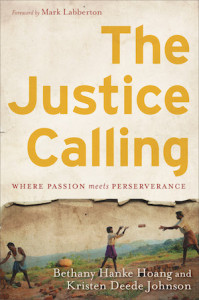
7:00pm-8:00pm, University Baptist Church
Click here for book event page.
Authors Bethany Hanke Hoang and Kristen Deede Johnson will discuss their new book, The Justice Calling. A panel of local community activists including: Moderator: Barb Armacost (UVa law professor) and Panelists: Stephen Hitchcock (The Haven), Seth Wispelwey (The Arbor), Joshua Scott (Impact), Laura Brown (Casa Alma), and Rydell Payne (Abundant Life Ministries), will respond to the book and its relevance to local issues.
Book sales and signing will follow the discussion, and refreshments will be served.
Location: University Baptist Church, 1223 West Main Street, Charlottesville, VA 22903
Hosted by: The Project on Lived Theology, New City Commons, and Theological Horizons
An Evening with Bryan Stevenson, author of Just Mercy: A Story of Justice and Redemption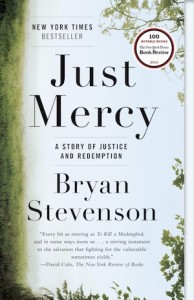
Saturday March 19
8:00pm-9:00pm, Paramount Theater
Click here for book event page.
Bryan Stevenson (Just Mercy: A Story of Justice and Redemption) will speak about his experiences as a social justice lawyer and how these continue to influence his life-long work to support criminal justice system reform as well as anti-poverty and anti-discrimination efforts. An outspoken advocate and thoughtful leader, Stevenson challenges the legacy of racial inequality in the United States, asking Americans to reconsider issues of justice and compassion. John Grisham will join Stevenson on stage for discussion of these issues.
Location: Paramount Theater, 215 E Main Street, Charlottesville, VA 22902
Sponsored by: LexisNexis, The Project on Lived Theology, Paul and Susan Yesawich, Virginia Center for the Study of Religion, U.Va. Department of Politics, and an anonymous donor
May
Virginia Graduate Colloquium on Theology, Ethics, & Culture: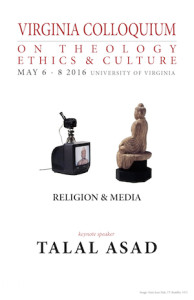 Religion & Media
Religion & Media
Keynote Speaker: Talal Asad
May 6-8, University of Virginia
Click here for the conference website.
The 2016 Virginia Graduate Colloquium’s conference theme is “Religion and Media.” The keynote speaker is renowned anthropologist Professor Talal Asad, whose transformative work on the genealogical mediations of religious and “secular” traditions has deeply influenced the study and practice of religion today.
Religion is often described as a “mediated” phenomenon, whether ritually, doctrinally, aesthetically, communally, politically, narratively, and/or violently. The conference will initiate a dialogue about “media,” construed not only as a “mode of transmission” but also as a process of (re-)/mediation and repair, to open new lines of investigation for theological and religious studies.
This conference is co-sponsored by the Project on Lived Theology.
June
SILT 16/17: Can I Get a Witness?
2016 – University of Virginia
2017 – Loyola University Chicago’s Water Tower Campus
Click here for the Can I Get A Witness? webpage.
The two-part SILT beginning in June 2016 and concluding in June 2017 will celebrate scholars, activists, laypeople, and religious leaders whose lived theologies produced and inspired social justice in the United States. SILT 16/17 will produce a single volume entitled Can I Get a Witness? Stories of Radical Christians in the U.S., 1900-2014.
The first meeting, in June 2016, will gather the biographers at the University of Virginia. The writers will attend seminars on theology and biography, discuss writing style and process, and meet in workshop groups that will support each other throughout the writing process.
The 2017 meeting will be held at Loyola University Chicago’s Water Tower Campus May 31-June 2. During this meeting, which will include additional invited guests, Can I Get a Witness? authors will present their historical figures by sharing the completed theological biographies in keynotes and panel discussions open to the public.


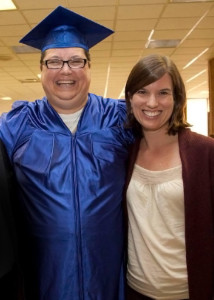
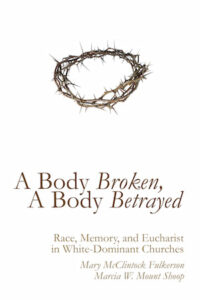 Addressing the wounds of race and privilege that continue to diminish the life of the church
Addressing the wounds of race and privilege that continue to diminish the life of the church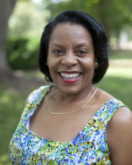
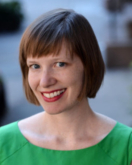
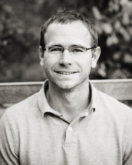
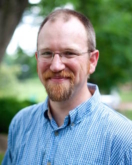

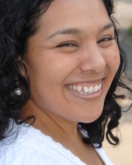
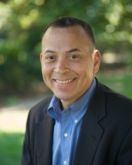

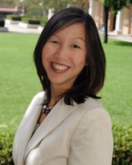
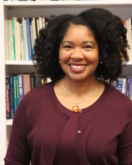
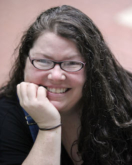
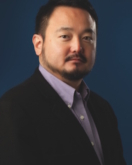
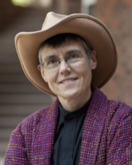
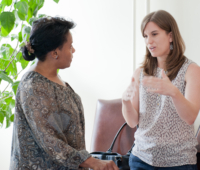
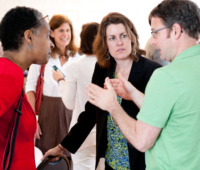
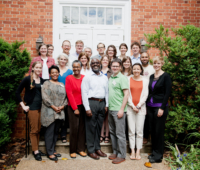
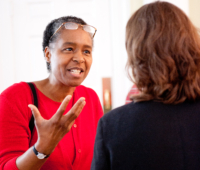
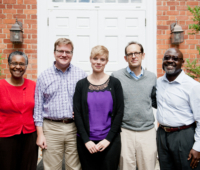
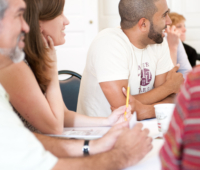
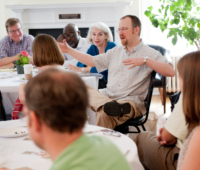
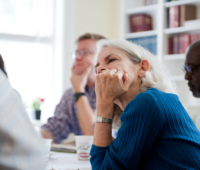
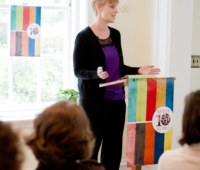
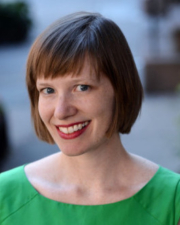
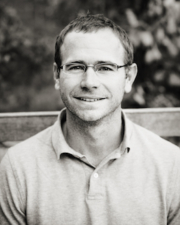
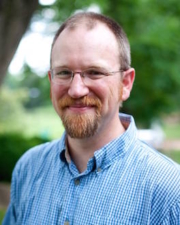
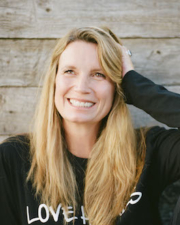
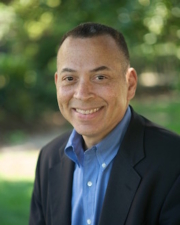
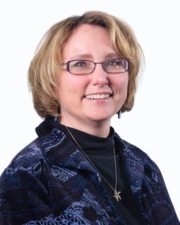
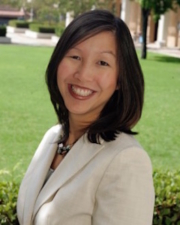
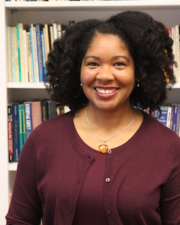
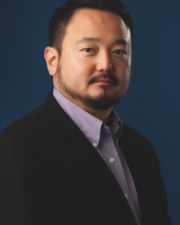
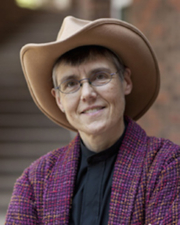
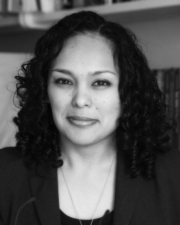
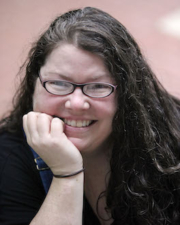
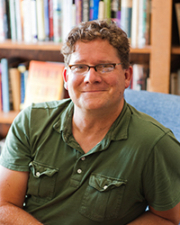
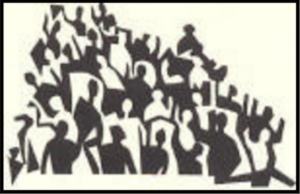 A website that seeks to promote a more responsible form of public faith
A website that seeks to promote a more responsible form of public faith